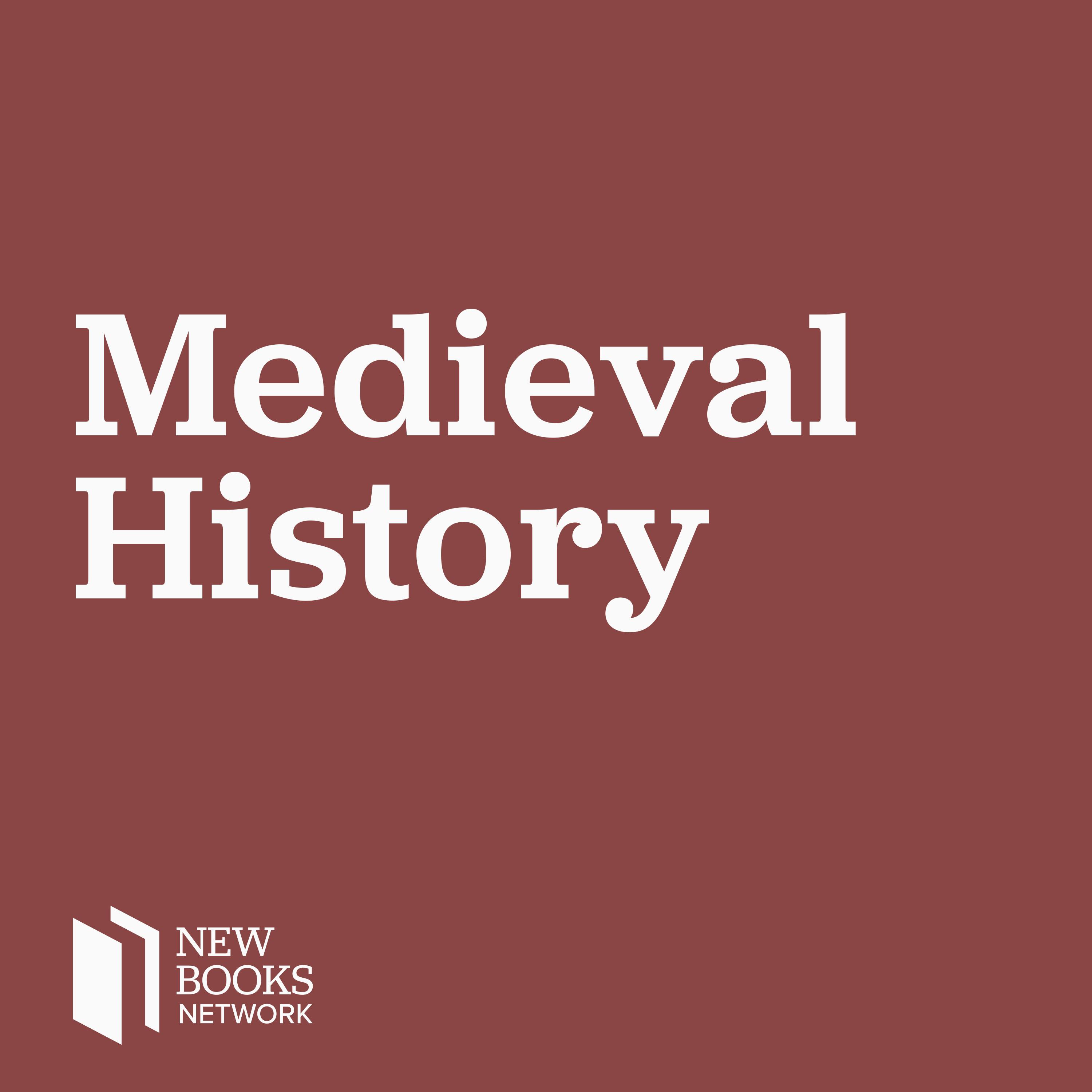Hannah Weaver, "Experimental Histories: Interpolation and the Medieval British Past" (Cornell UP, 2024)
Description
In Experimental Histories: Interpolation and the Medieval British Past (Cornell University Press, 2024), Dr. Hannah Weaver examines the mediaeval practice of interpolation—inserting material from one text into another—which is often categorised as being a problematic, inauthentic phenomenon akin to forgery and pseudepigraphy. Instead, Weaver promotes interpolation as the signature form of mediaeval British historiography and a vehicle of historical theory, arguing that some of the most novel concepts of time in mediaeval historiography can be found in these altered narratives of the past.
For Weaver, historiographical interpolation constitutes the traces of active experimentation with how best to write history, particularly the history of Britain. Historians in twelfth- and thirteenth-century Britain recognized the difficulty of enfolding complex events into a linear chronology and embraced innovative textual methods of creating history. Focusing on the Brut tradition but also analysing the long history of interpolated historiography, including the Bayeux Embroidery, Experimental Histories offers a new interpretation of generic remixing in mediaeval writing about the past. Drawing on both manuscript studies and the new formalism, it shows that the practice of inserting materials from romance and hagiography allowed creative revisers to explore how lived events relate to passing time. By embracing interpolation, Weaver provides lively insights into the ways that time becomes history and human actors experience time.
This interview was conducted by Dr. Miranda Melcher whose new book focuses on post-conflict military integration, understanding treaty negotiation and implementation in civil war contexts, with qualitative analysis of the Angolan and Mozambican civil wars.
Learn more about your ad choices. Visit megaphone.fm/adchoices
More Episodes
Published 11/23/24
During the early medieval Islamicate period (800–1400 CE), discourses concerned with music and musicians were wide-ranging and contentious, and expressed in works on music theory and philosophy as well as literature and poetry. But in spite of attempts by influential scholars and political...
Published 11/12/24
Filippo Gianferrari, "Dante's Education: Latin Schoolbooks and Vernacular Poetics" (Oxford UP, 2024)
In fourteenth-century Italy, literacy became accessible to a significantly larger portion of the lay population (allegedly between 60 and 80 percent in Florence) and provided a crucial means for the vernacularization and secularization of learning, and for the democratization of...
Published 11/06/24


